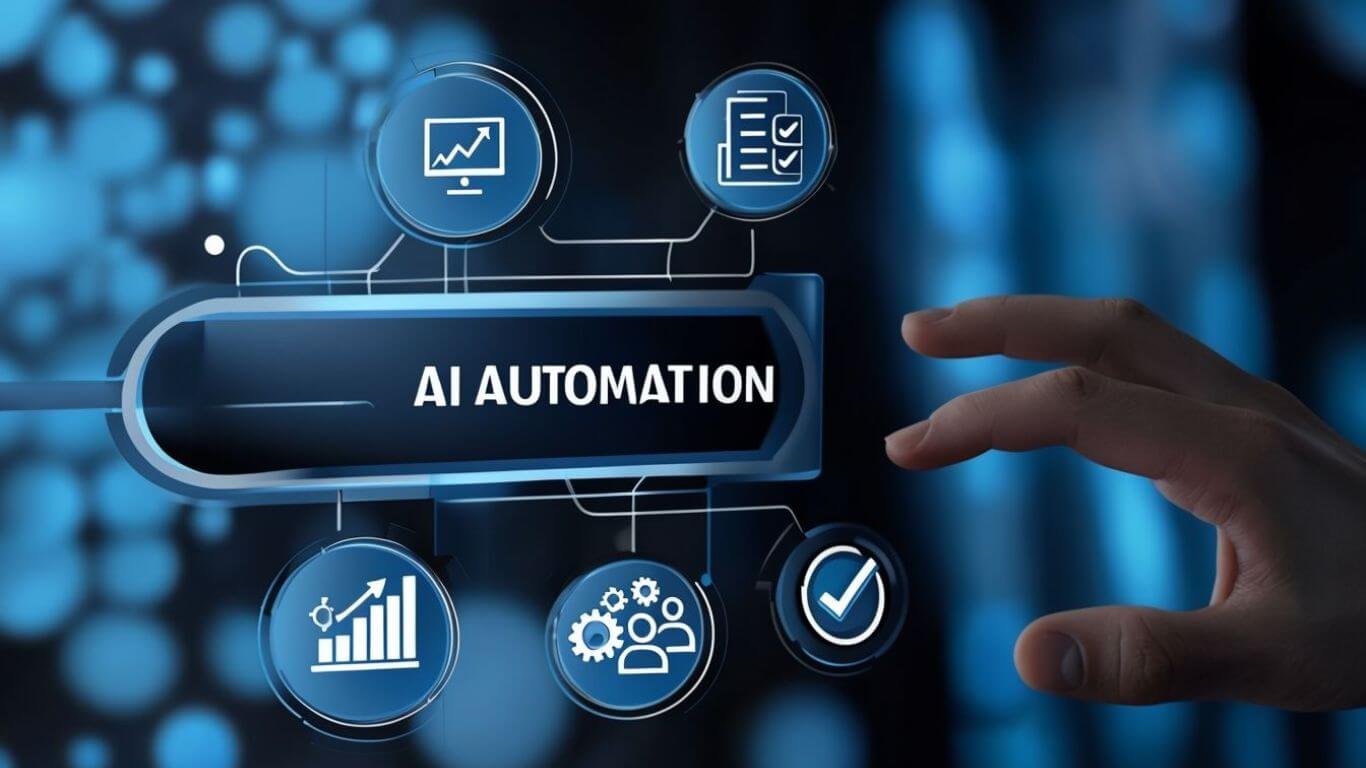As artificial intelligence continues to evolve, businesses are rapidly adopting AI agent platforms to streamline processes, boost productivity, and reduce operational costs. By embracing Private AI for professionals, organizations ensure that sensitive data remains under full control while still gaining the benefits of AI-powered automationThese platforms are designed to act like digital assistants—often called AI workers or AI employees & capable of performing tasks that once required human involvement. With advancements in multi-agent communication, automation frameworks, and intelligent prompts, the modern AI agent ecosystem has grown into a powerful engine for digital transformation.
What Is an AI Agent Platform?
An AI agent platform is a gadget that permits groups to deploy, control, and automate smart dealers. These dealers can interpret commands, execute workflows, analyze statistics, and collaborate with different software program gear. Unlike traditional automation scripts, AI dealers use sensible selection-making powered by device learning.
Many platforms additionally support MCP (Model Context Protocol), a brand new structure that permits dealers to talk extra effectively and understand venture-unique contexts. This means agents can manner lengthy commands, destroy them into smaller tasks, and perform them with higher accuracy.
How AI Agents Work
AI agents operate on a simple cycle:
- Receive a prompt
- Analyze and plan the task
- Execute actions automatically
- Return results or trigger the next workflow
This activate-pushed workflow makes automation more intuitive. Instead of writing complex code, users truly provide a detailed activity that courses the agent’s conduct. The agent makes use of internal fashions and equipment to generate responses, perform actions, and interact with databases or programs.
For example, an AI worker can study emails, classify them, schedule meetings, replace spreadsheets, or even run customer support duties automatically.
Why Businesses Are Moving Toward AI Workers and AI Employees
The digital workplace is changing, and the idea of hiring an AI employee is becoming more mainstream. These AI-powered employees offer several advantages:
1. Continuous Availability
AI agents work 24/7 without breaks, making them perfect for customer service, monitoring systems, or handling repetitive tasks.
2. Cost-Effective Automation
Instead of hiring multiple staff members, companies can deploy multiple agents at a fraction of the cost.
3. Improved Speed and Accuracy
Agents process information quickly, follow instructions consistently, and reduce the risk of human error.
4. High Scalability
Organizations can launch dozens—or even hundreds—of AI workers to support large workloads without increasing human labor costs.
These benefits explain why AI agent platforms are becoming a key component of digital transformation strategies.
AI Agent Platforms and Automation: A Perfect Match
Automation has always been about reducing manual effort and increasing efficiency. With AI agents, automation finally becomes intelligent.
Traditional automation depends on fixed rules. However, AI-driven automation allows agents to:
- Understand data context
- Make decisions
- Predict outcomes
- Communicate with APIs and third-party tools
- Handle dynamic workflows
By combining automation with AI agent capabilities, businesses gain a more adaptable system that can evolve with changing needs.
The Role of MCP in Enhancing AI Agents
The rise of MCP (Model Context Protocol) has made AI agents more powerful and reliable. MCP allows multiple agents and tools to interact within a unified context, ensuring smooth workflow execution.
With MCP, an agent can:
- Access relevant data instantly
- Understand long prompts and instructions
- Share information with other agents
- Maintain context across multiple tasks
This protocol helps AI employees function like real team members—coordinating tasks, sharing updates, and completing workflows intelligently.
Use Cases of AI Agent Platforms
AI agent platforms are already transforming many industries. Some common use cases include:
● Customer Support Automation
Agents handle FAQs, complaints, and support tickets with minimal human involvement.
● Data Processing and Reporting
AI workers can extract, clean, analyze, and summarize data automatically.
● Marketing Automation
Agents help generate content, manage campaigns, monitor analytics, and schedule posts.
● Software Development Assistance
Developers can rely on agents to test code, document updates, or debug basic issues.
● Operations and Workflow Management
AI employees automate routine tasks like scheduling, approvals, and data entry.
These examples show the growing role of AI agents across modern enterprises.
The Future of AI Agents
The next era of AI agent platforms will consist of smarter reasoning, multi-step automation, deeper integration with enterprise gear, and greater independent decision making. As MCP and spark off-pushed interfaces evolve, AI people turns into even extra succesful—appearing as full virtual employees that aid every department.
Businesses that undertake those technologies early gain a competitive area through progressed efficiency, decrease costs, and smarter workflows.



































